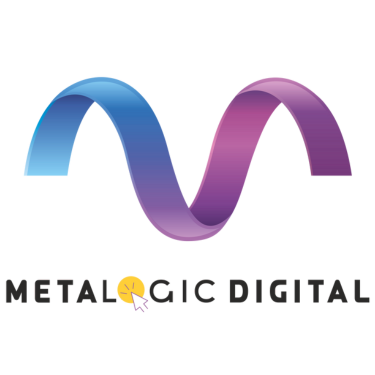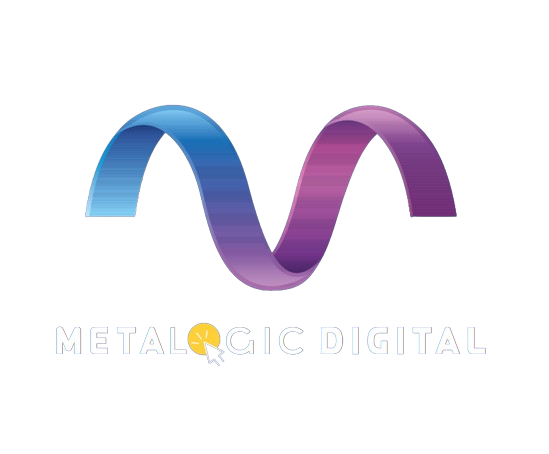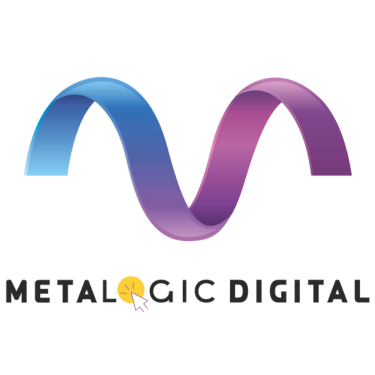The Evolution of SEO with AI
AI has completely altered SEO, just like GPS has made it easier for people to find their way around. Before AI, we would use vague directions to figure out where we needed to go, but now it’s all so easy; you’re guided to exactly where you need to be.
SEO in the Early Days
Well, to be honest, the early 2000s were rough for SEO. SEO was all about cramming web pages with keywords, acquiring as many backlinks as possible, and waiting for the outcome, which pretty much sucked. The main objective was not so much about users, but how SEO could fool search engines and achieve a higher ranking. Until it no longer helped.
AI Changes the Game
The first instance of AI entering the SEO world was the introduction of Google’s RankBrain, and it was equal to juicing an old car with a turbocharger. Google’s RankBrain was one of the first major AI milestones. This marked a major milestone for AI: from merely matching words in a set of queries, it went to comprehending the intention behind the words. All of a sudden, SEO was not about stuffing a page with keywords, but rather taking time and answering questions in the most relevant way possible, ensuring the content gets reached by the right audience.
AI-Powered Tools for SEO
AI Integrations are equivalent to getting an army of highly qualified aides that are going to work for you unceasingly. Even previously, useful insights were reliant upon penetrating patterns from a huge collection of stocks of data, and with the help of information, AI tools are now working on the same pattern.
Smarter Keyword Research
Take, for instance, SEMrush and Ahrefs. Instead of spending hours collecting keywords considering the great wipeout these tools create, they not only offer popular phrases but also take into account seasonal elements alongside competition and search purpose. These tools go above and beyond and provide you with the relevant phrases you need to focus on.
Content Optimization Made Easy
Effective content production is less of an art and more of a science; that is something that AI tools such as Clearscope are assisting in changing, rather than creating topics and articles or brainstorming ideas, they provide an ideal word count and tone of voice that users expect from the topic. Thus, rendering the aim of content creation – solving problems for users, rather irrelevant.
Predicting the Future with Data
AI can use predictive analytics, an intriguing function of its abilities. In moments, consider it to be like peering into a data-powered crystal ball. AI can help extrapolate which keywords will surge in popularity, which content will best hit the mark, and even how the traffic on your website will change soon.
Real Results: MetaLogic Digital’s SEO Win for a South Indian Jewellery Brand
As search evolves with AI, businesses embracing smarter SEO strategies are seeing real impact. A heritage-rich South Indian jewellery brand partnered with MetaLogic Digital to reduce ad spend and boost organic visibility.
Through technical SEO enhancements, AI-informed keyword strategies, and high-authority backlinks, we achieved:
72.3% growth in organic users
2X increase in impressions
Significant improvements in rankings and on-site engagement
From tradition to traction—see how organic strategy delivered sparkling results.
How Machine Learning Impacts SEO
Machine learning, for example, is teaching a search engine to do its thinking. With time, machine learning becomes more sophisticated thanks to the knowledge it gains by observing how users behave.
Natural Language Processing: AI’s Secret Weapon
NLP allows search engines not only to process words, but also the meaning accompanying the message. This explains why Google does not break into a sweat when it hears a phrase like “What is the fastest method of baking sourdough?”
Why Understanding User Intent is Everything
For SEO, it was, in a way, just throwing darts into the dark. But now, because of AI, it feels more like you have a laser pointer to hit a bull’s eye. The catch to it is being able to gauge the user’s intent.
What’s Different About Voice?
Voice queries are naturally more conversational. For instance, instead of typing “weather tomorrow,” it may be communicated as “What is the weather going to be like tomorrow?” AI tools help businesses alter their content to fit this kind of natural speech.
What’s Next for AI and SEO?
The future of AI in SEO is exciting—and a little unpredictable.
Balancing AI and Creativity
While AI will handle the heavy lifting, human creativity will remain essential. After all, machines can analyze data, but they can’t tell a story like a person can.
MetaLogic Digital leads the charge in the integration of artificial intelligence into SEO strategies–and so, in 2025, the revolution of search engine optimization still had to leave the minds of two and enter something a little bit sharper into business planning. Employing advanced AI tools, they automate keyword research, optimize content for user intent, and maximize site performance using predictive analytics and machine learning. By using natural language processing (NLP), MetaLogic Digital ensures that content is aligned with the ever-evolving search algorithm. Google developed MUM and is changing the way people communicate. The drive for good change is empowering these MLM Keywords and other applications to thrive in business and keep the competition with the few that do input, changing the game in technical progress.
To Wrap
The act of employing AI algorithms, processes, and strategies within SEO has, by now, gone from an option to synonymous with the lifeblood of search engine optimization. AI-driven strategies are customized primarily so that those engaged in marketing never lose out to competitors. It could be techniques that ensure that content reaches the right audience at the correct time. Leveraging AI tools and techniques will allow marketers to enhance the user experience, increase engagement, and drive measurable results. Ready to take SEO to the next level? The future begins now.
Frequently Asked Questions

It’s making SEO smarter, faster, and more user-focused.
Absolutely—especially for tasks like keyword research and content optimization.
No, but it can make their jobs a lot easier.
Voice and visual search are huge.
Start small with tools like SEMrush or Clearscope, and build from there.





